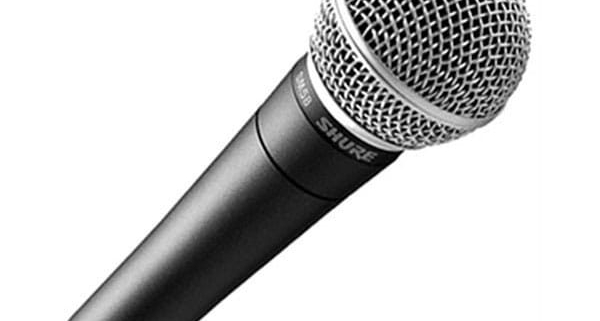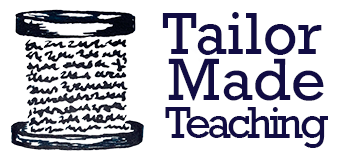
Why record yourself?
A lot of students (and teachers!) feel that the only way to improve your speaking is to practice talking to another person (usually only with a native speaker). While that can be great practice, it can be difficult to find people to talk to. Luckily, it isn’t the only way to practice speaking.
Most people don’t like the sound of their own voice, however, recording yourself speaking is very useful practice for a number of reasons.
Building Confidence
Speaking in a new language can be very intimidating. Even if you’ve been learning English for a while, you might find it difficult to try different sounds, words or phrases with someone listening. However, recording yourself can provide a safe space to experiment, you can choose when and where to do it, and listen to it when you want.
You will quickly get used to the sound of your own voice.
Set Yourself Goals
Perhaps you would like to focus on your fluency, reducing the number of pauses or hesitations you use in speech? Maybe you’d like to practice new vocabulary or grammatical structures? Perhaps pronunciation of specific words, or sentence stress, intonation and tone are your focus? It’s a good idea to set yourself specific goals and choose tasks which allow you to practice certain features, and concentrate on those particular points.
Self-Assessment
Recording your speech allows you to re-visit and review. It’s best if you leave some time between recording and listening back, a little distance will help you see your work with ‘fresh eyes’ (or hear with ‘fresh ears’).
How to record yourself
Recording Equipment
There are various useful smartphone apps which allow you to record and playback on your phone, download files to your computer or share them with your teacher, class or friends.
Platforms like Zoom allow you to make a free account which you can use to record, download and share video and speech, alone or in conversation with others.
What to record?
It’s good practice to choose a theme to talk about and perhaps note down some particular vocabulary or grammatical structures you’d like to use. Ask yourself questions.
You could record yourself giving spoken diary entries, talking about your daily life and things that interest you. Talk about past experiences or future dreams, favourite books or films
If you are studying for an exam, choose questions and tasks from sample practice tests.
You could also record yourself shadowing texts.
Try tongue-twisters, storytelling or role-playing scenarios, try to make it fun.
Don’t be afraid to use the same questions or prompts again and again. Repetition will help improve your fluency and confidence.
When to record?
It’s much more effective to record yourself little and often. A few minutes each day is better than a long session once a week.
Listening back
When you play back your recordings listen critically. Ask yourself questions like ‘Did I achieve my goals?’ and ‘What aspects can I improve?’.
It’s also a good idea if you periodically review old recordings to give yourself some idea of your overall improvement and find out what works best for you.
Even if you’re not convinced by the research, have a go, try it out and see for yourself whether it helps.


